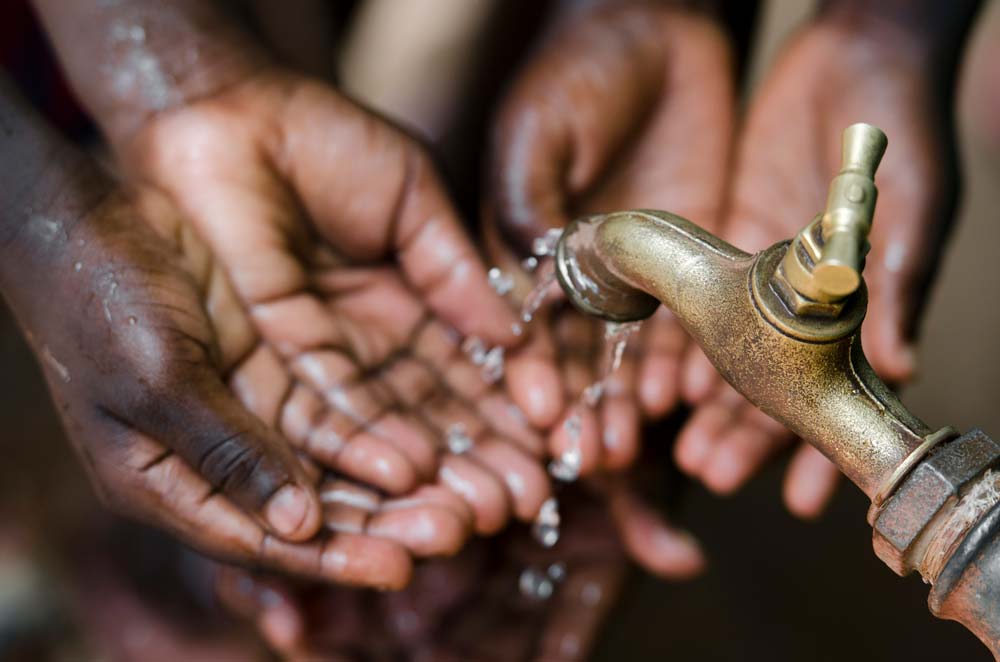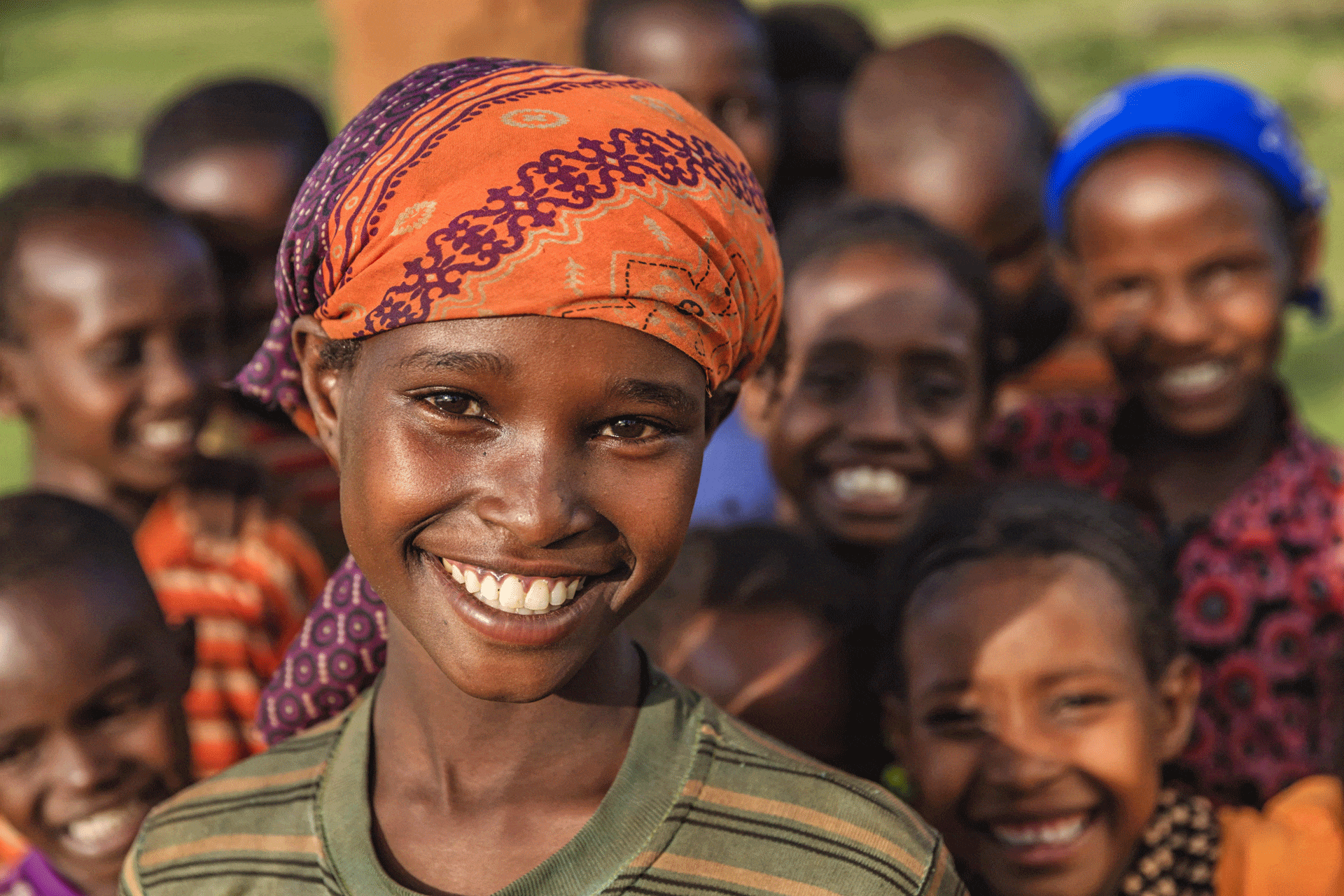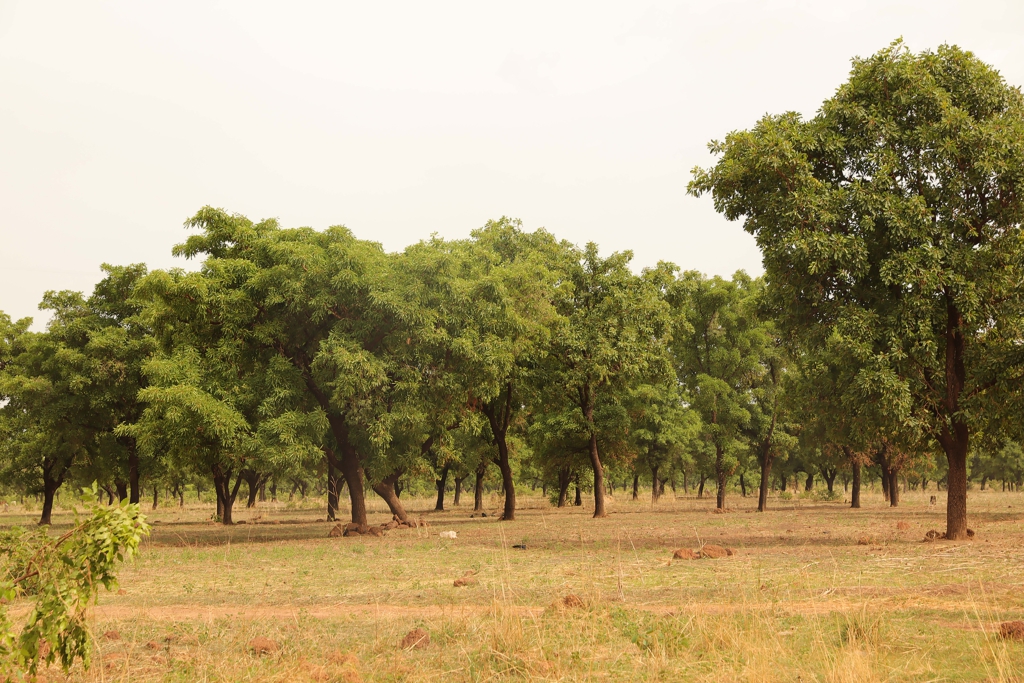Do you know that we talk about miracles?
Shea is a "wonder tree" for several African countries, notably Mali. And this is because everything that comes from this tree is a goldmine of advantages for the people and economies of the countries who have it.


Sustainability
Mali Shi completely supports the mission of sustainable development for a nation that ranks 182nd out of 188 on the 2018 United Nations Human Development Index.
Mali Shi x Sustainability
For many rural African women, shea cultivation is the sole source of income. The benefits they obtain from shea account for 80% to 100% of their income; capital gains because they enable them to satisfy their children's demands for food, health care, and school supplies.
According to the Global Shea Alliance (GSA), the shea value chain employs around 16 million African women directly or indirectly.
The 2030 Agenda for Sustainable Development, which was accepted by all United Nations Member States in 2015, is a collaborative endeavor for peace and prosperity for people and the planet today and in the future.
The 17 Sustainable Development Goals are at the heart of our initiative, and they constitute an urgent appeal for all countries—developed and developing—to join a global partnership for action.
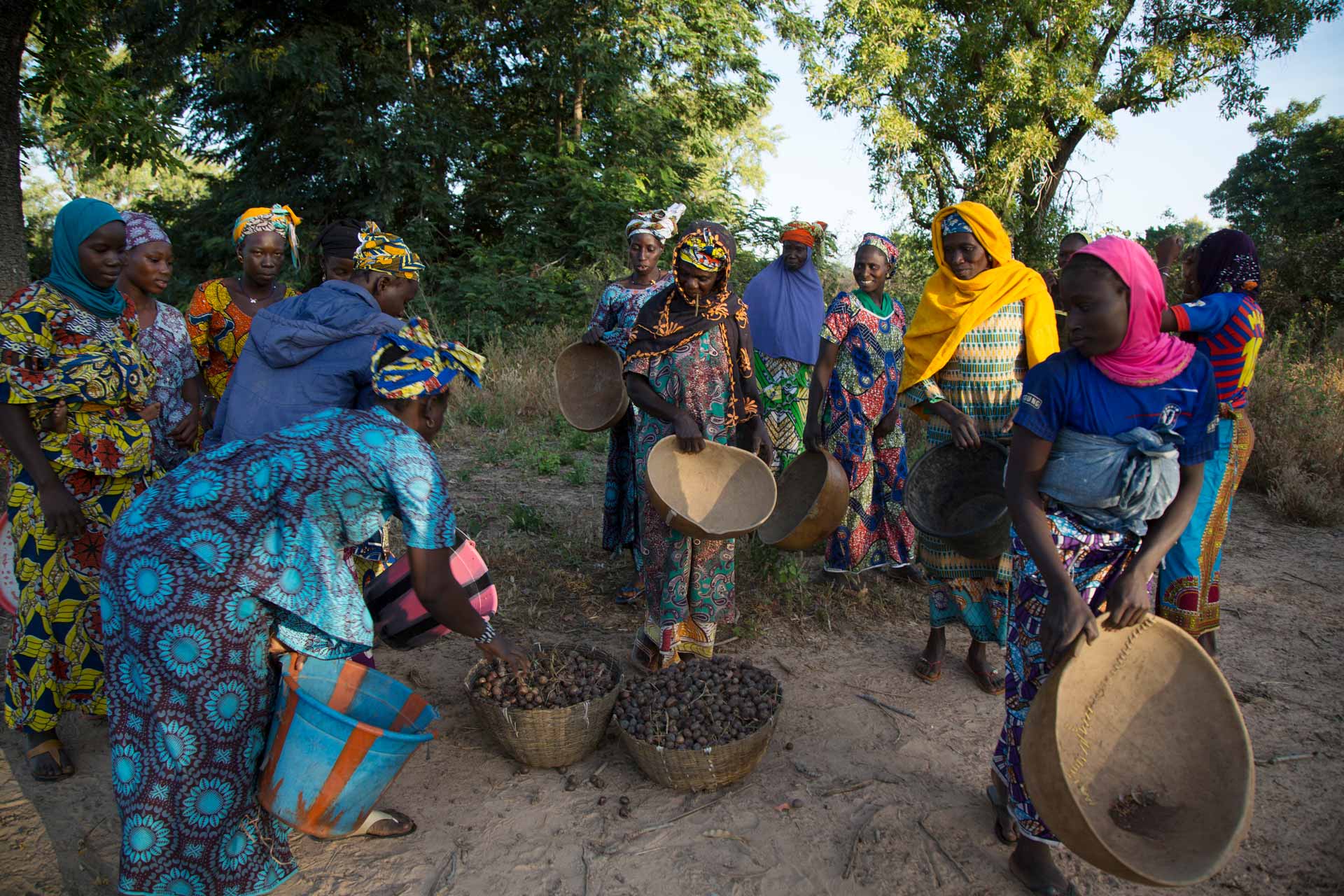
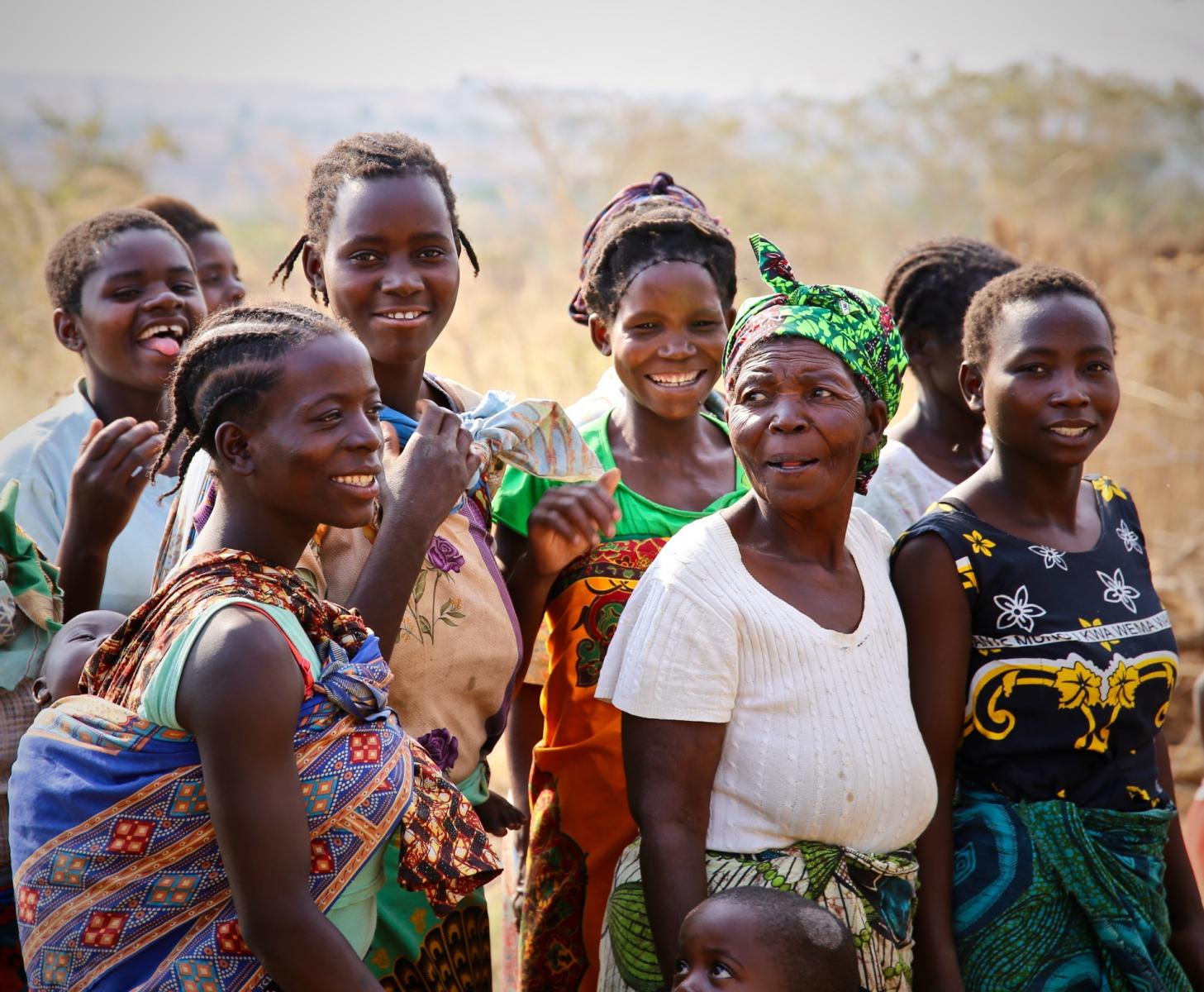
These objectives underline the need to eradicate poverty and other deprivations in tandem with measures aimed to:
-
Improve education and health.
-
Reduce disparities.
-
Encourage economic growth.
-
Protect the woodlands.
-
Reduce actions that contribute to climate change.






MALI SHI WORKS ON DIFFERENT LEVELS OF INVOLVEMENT:
Oilcake fuelization
The processing of shea kernels into butter generates a substantial quantity of oilcake, which is as valuable as fuel and replaces the need for wood in the processing of shea kernels into butter.
Slowing the rate of rising deforestation
Mali Shi and its partners have undertaken a nationwide push to revitalize the shea park. This tree's seedlings will be planted in three municipalities in southern Mali. The idea is to economically empower women while also combating desert expansion.
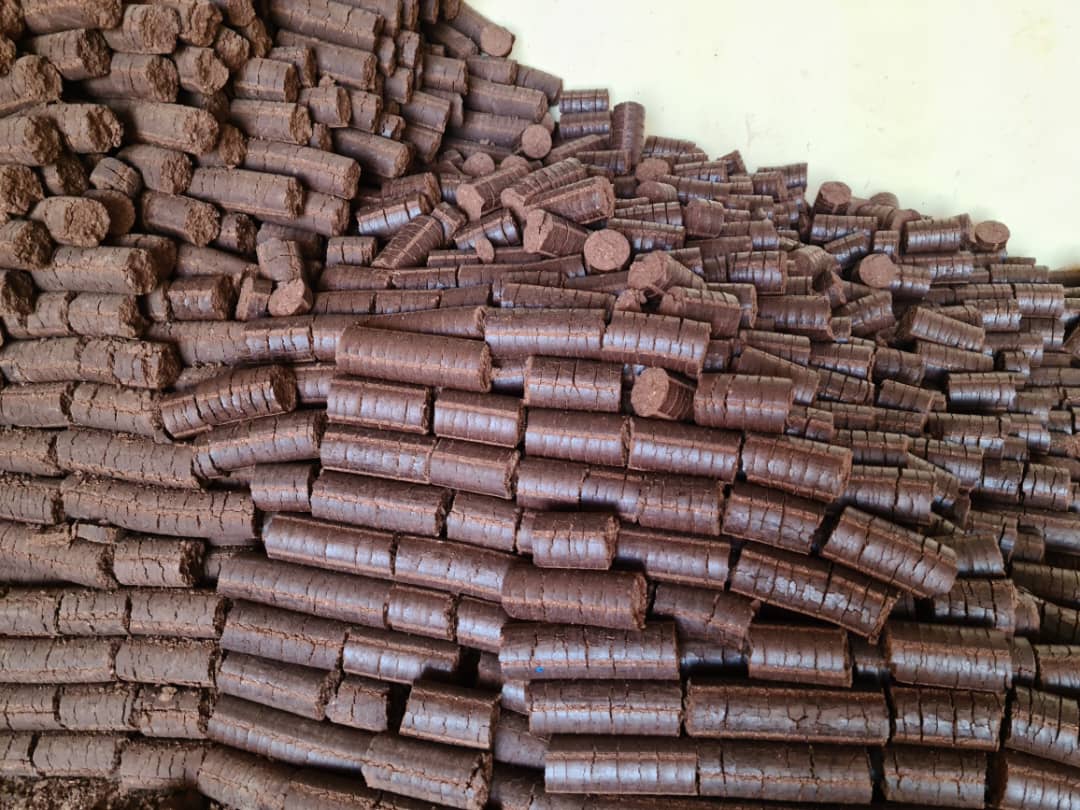

Our Commitment
Mali Shi works across several fields to create a positive social and environmental impact.
Socio-Economic Impact
Environmental Impact
Shea Land Conservation And Protection
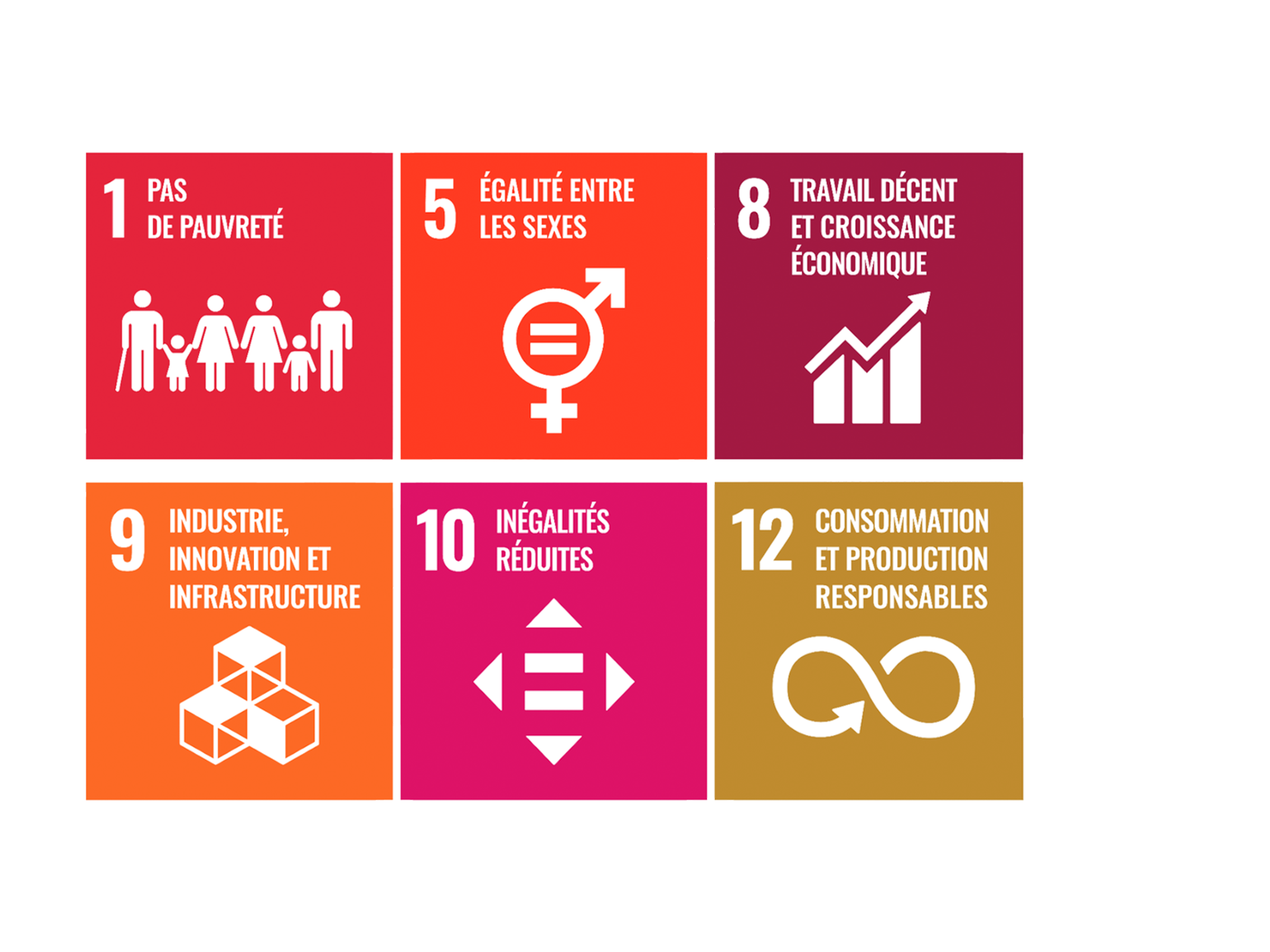
Our Commitment
Mali Shi works across several fields to create a positive social and environmental impact.
Socio-Economic Impact
Environmental Impact
Shea Land Conservation And Protection


